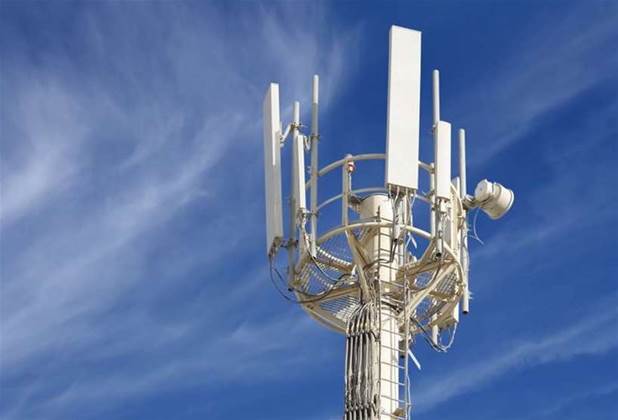Australian telcos have applied to be exempt from rationing during a liquid fuel supply emergency.

Carriers opinions on the matter emerged in a Department of Environment and Energy review of entities permitted priority access to fuels.
The Communications Alliance and the Australian Mobile Telecommunications Association (AMTA) made a submission to that review and argued they need unlimited access to liquid fuel “for emergency power sources such as generators” on a range of equipment, such as mobile phone towers.
“The communications sector consists of a very wide range of providers who own and/or manage infrastructure including, but not limited to; large and small exchanges, mobile base stations, satellite earth stations and data centres including international gateways that terminate submarine cables,” the two industry bodies said [pdf].
“Without this broad range of communication services providers, the public would be unable to receive emergency alerts or make emergency calls.
“Communications are also vital to the operation of emergency services and the businesses that supply essential financial, food, and transport services to the community.”
Under the Liquid Fuels Emergency Act 1984, designated “essential users” don’t have to participate in fuel rationing, if such a step is required.
The essential users list currently includes emergency services, defence and public transport operators.
However, telcos argue they are also supplying “essential services” during disasters and should also be exempt from fuel rationing.
Communications Alliance and AMTA also say that recent legislation - including the passed data retention laws and the proposed decryption laws - are proof of the industry’s “critical” function.


.png&h=140&w=231&c=1&s=0)
_(22).jpg&h=140&w=231&c=1&s=0)

_(20).jpg&h=140&w=231&c=1&s=0)



_(26).jpg&w=100&c=1&s=0)

 iTnews Executive Retreat - Security Leaders Edition
iTnews Executive Retreat - Security Leaders Edition












_(1).jpg&h=140&w=231&c=1&s=0)



